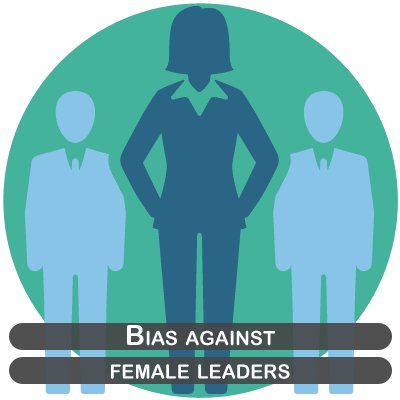Bias against female leaders
Feminine leadership traits are viewed as desirable but expendable by men and women alike.

Main titles
- Women are underrepresented in leadership roles, even though stereotypically feminine attributes such as empathy are gaining in importance.
- A study hypothesized that it was the stereotypically masculine traits that were more valued (especially by men) to fill positions of leadership, whereas stereotypically feminine values were valued as "add-ons".
- Part 1 of the study asked participants to describe their ideal leader's traits, an exercise which resulted in a trade off between two broad categories, an example of which are agency and communality.
- Results showed that traits such as communality and empathy were desired only after minumum levels of competence and assertiveness were accomplished.
- Part 2 of the study asked participants to describe which traits they would desire for themselves in order to succeed in a leadership role.
- The results showed that agentic traits were preferred by both men and women over communal traits.
Source: ncbi.nlm.nih.gov

 vneo
vneo 














